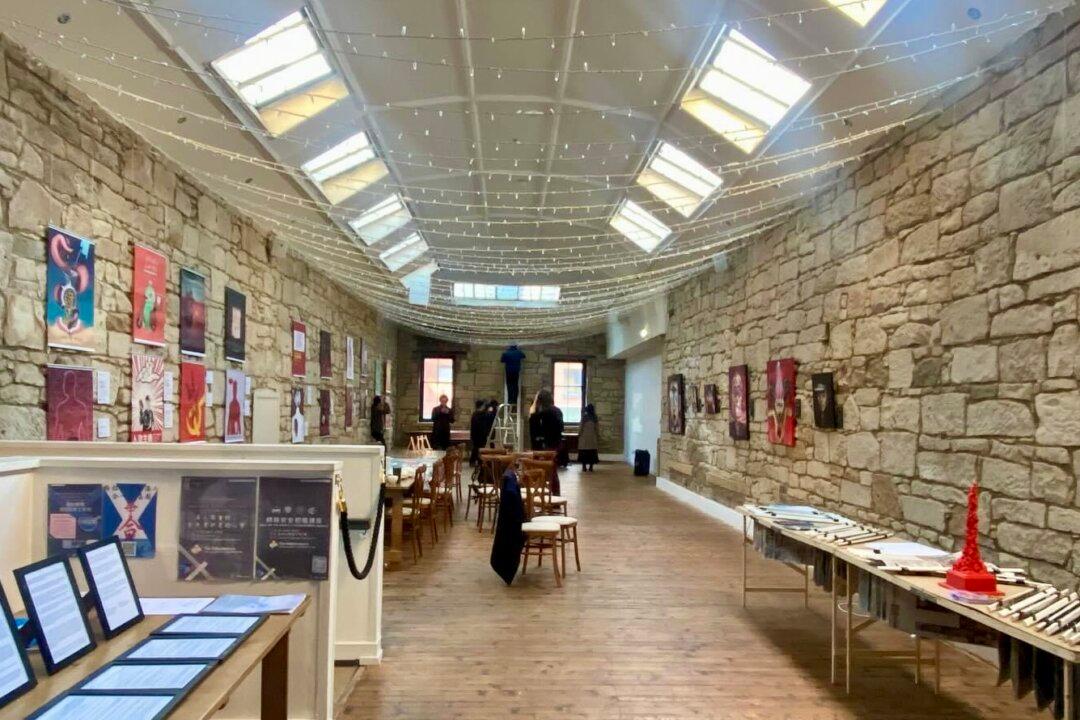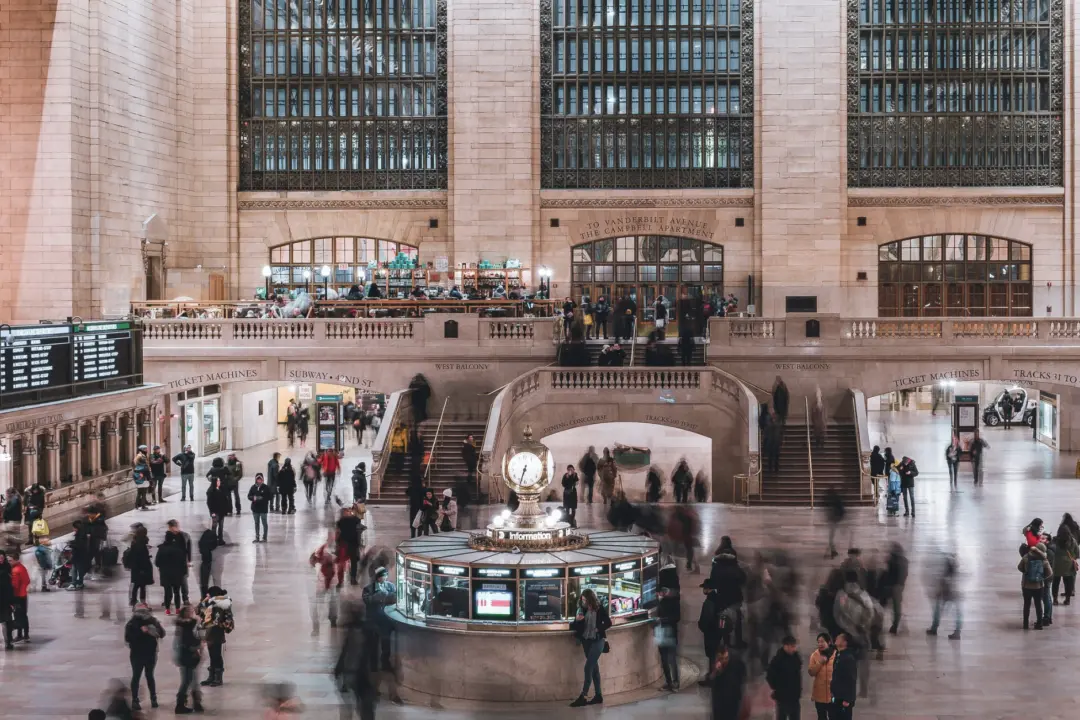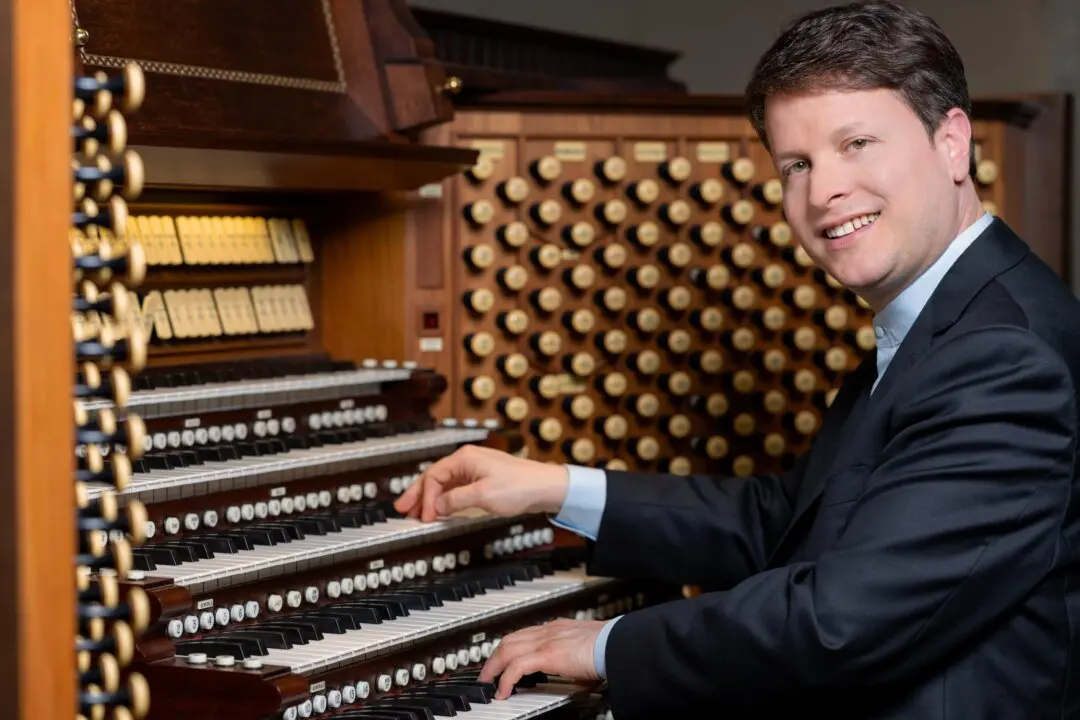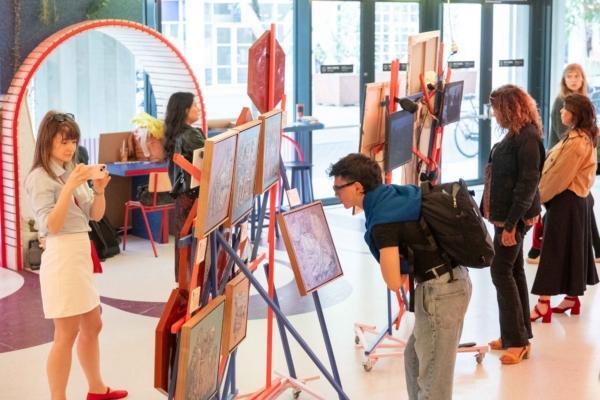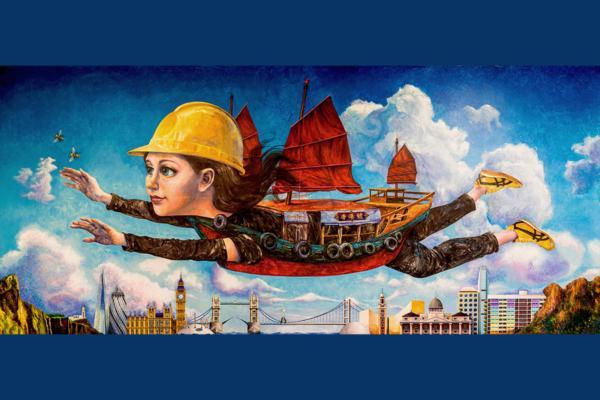Since 2012, the Taiwan Association for International Care of Organ Transplant (Taicot) has initiated a petition campaign against live organ harvesting by the Chinese Communist Party (CCP). Subsequently, they organized the “Stop Live Organ Harvesting by the CCP Poster Exhibition,” collecting designs globally through submissions and evaluations. One hundred selected designs have been exhibited in numerous locations, including Taiwan, Japan, and South Korea.
This year’s event made its debut in the UK with a joint exhibition with The Hong Kong Scots. Featuring artist Lumli Lumlong, the exhibition showcased over 50 artworks focusing on organ transplantation and human rights issues in Hong Kong. In addition, the exhibition displayed some of the news clippings collected by the Ficus Support Fund, providing visitors with an insight into the increasingly serious human rights situation and the history and memories of persecution in China and Hong Kong.
